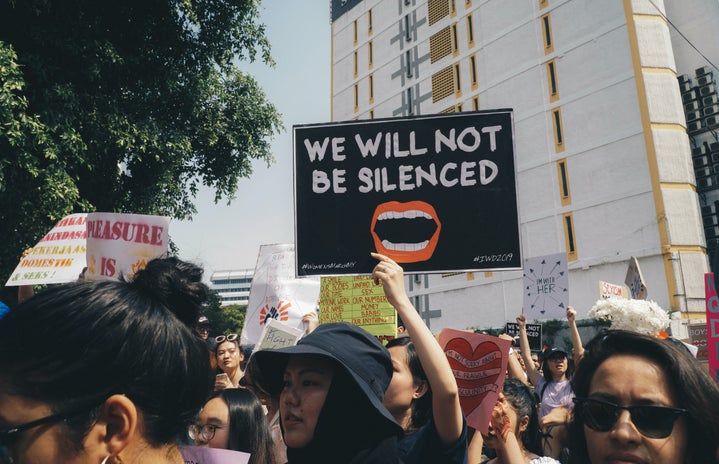In honor of it being Women’s History Month, I wanted to highlight the work of Rosa Parks during the Civil Rights Movement and illuminate a narrative that I don’t think receives as much attention as it should when it comes to her life story.
Like many figures from the Civil Rights Movement, Rosa Parks was a common name I heard growing up. As a child, I can recall the many times during Black history month that I learned about how seamstress Rosa Parks refused to give up her seat on the bus during racial segregation. I remember during school presentations every year, without fail, at least five people reporting on her. The physical seat from the bus can be found in the Henry Ford Museum, which I frequented often growing up in Detroit. On a personal level, my father was a part of Parks’ funeral committee when she passed in 2005. All this to say, for a majority of my life, I was so sure I knew exactly who Rosa Parks was… or so I thought.
Unbeknownst to me, prior to being the “mother of the Civil Rights Movement,” Parks had spent her time providing legal aid to Black women who were victims of sexual assault. On September 3, 1944, a woman named Recy Taylor was kidnapped and gang-raped by six white men. In response, the NAACP sent their best investigator, Parks, to be of legal assistance. In fact, Parks had spent much of her time as an anti-rape activist, and had created “The Committee for Equal Justice for Mrs. Recy Taylor.” This generated national attention to an ongoing issue, which was the racialized-sexual abuse that Black women were experiencing. Parks also had her own experience when, during her years doing domestic housework, her Boss — who she named Mr. Charlie — attempted to assault her. This was the issue at hand that Parks had done the work for Black people but specifically her role in advocating for Black women.
Upon learning this information for the first time in my Black Feminist Thought course, my entire world sorta crashed. My entire life, I felt like I had this expert knowledge of the Civil Rights Movement. I spent my whole life thinking that I truly knew who Parks was, when in fact, I barely knew her at all. I remember reading parts of Danielle McGuire’s “At the Dark End of the Street” and feeling this anger inside of me because I couldn’t comprehend how this whole other side of Parks was not widely known, or at least known to me.
More crucially, I remember feeling how watering down Park’s narrative to bus boycotts, which too were motivated to stop violence against Black women, does us such a great disservice in our ongoing struggles to achieve justice. We need to allow Black women to be their full, expansive selves.
Parks giving up her seat on the bus, breaking the laws of racial segregation is important. So is the recognition of Claudette Colvin who gave up her seat prior to Parks but because of respectability politics, wasn’t the face of the movement. Furthermore, the recognition of the many Black people who refused to give up their seats and sat, dined, and used “white only” spaces since enslavement is important as well. Parks comes from a long lineage of Black resistance. However, we need to tell her full truth when we speak about her.
I wonder what impact knowing this other part of her legacy would have had on my life growing up. While refusing to be unseated is role model material enough, to know that Parks was so much more expansive than that moment alone could have truly shifted conversations about the ways in which we talk about the mistreatment of Black women. Furthermore, growing up Parks could have set the standard early on in my childhood about the importance of community activism that Black women spearhead together on one accord.
There is much to be said about the life of Parks, too much to be covered in one article alone, but my hope is that this information allows readers to see more beyond the traditional historical narrative received in schools about Parks. While I wish I had met this version of Parks sooner, I am thankful to have met her at all in this manner.


